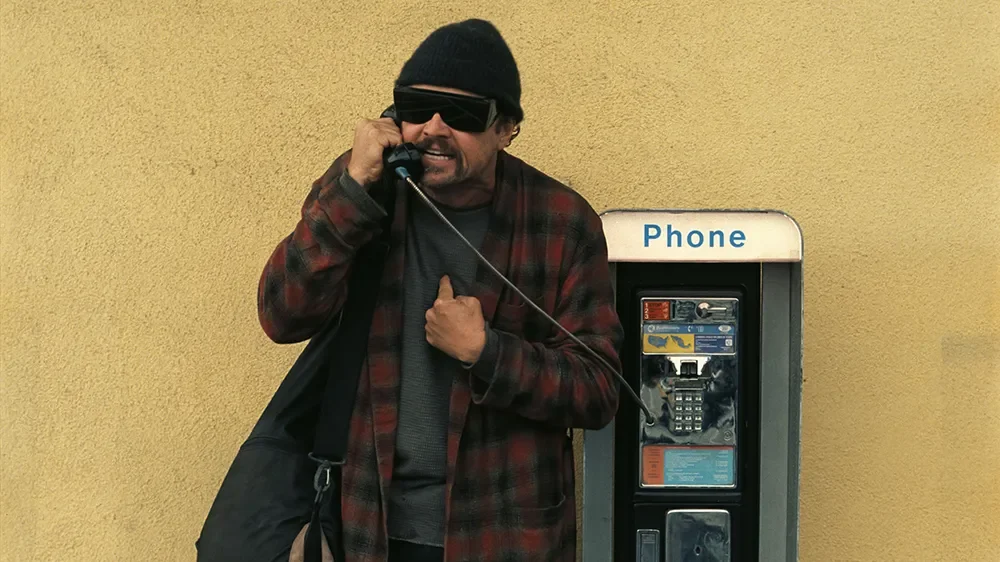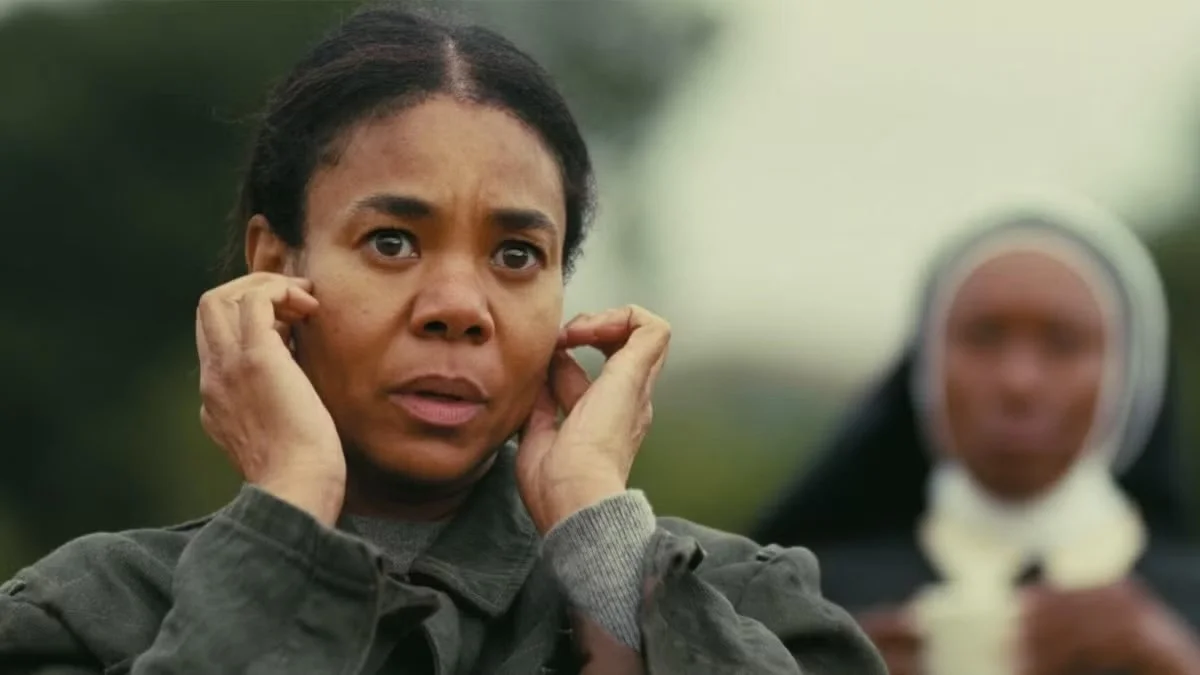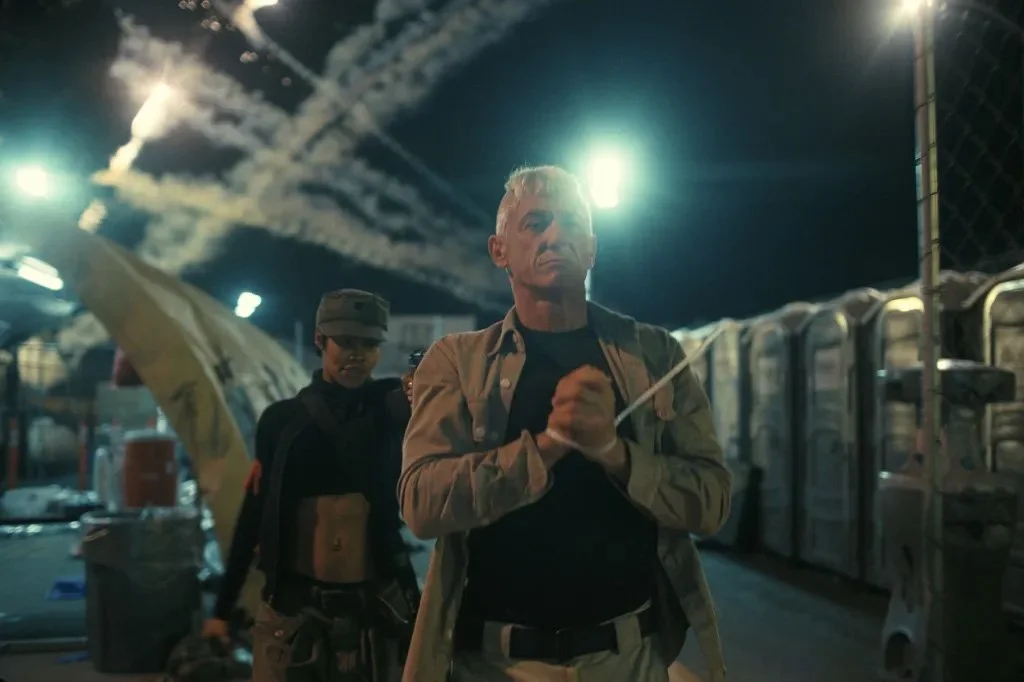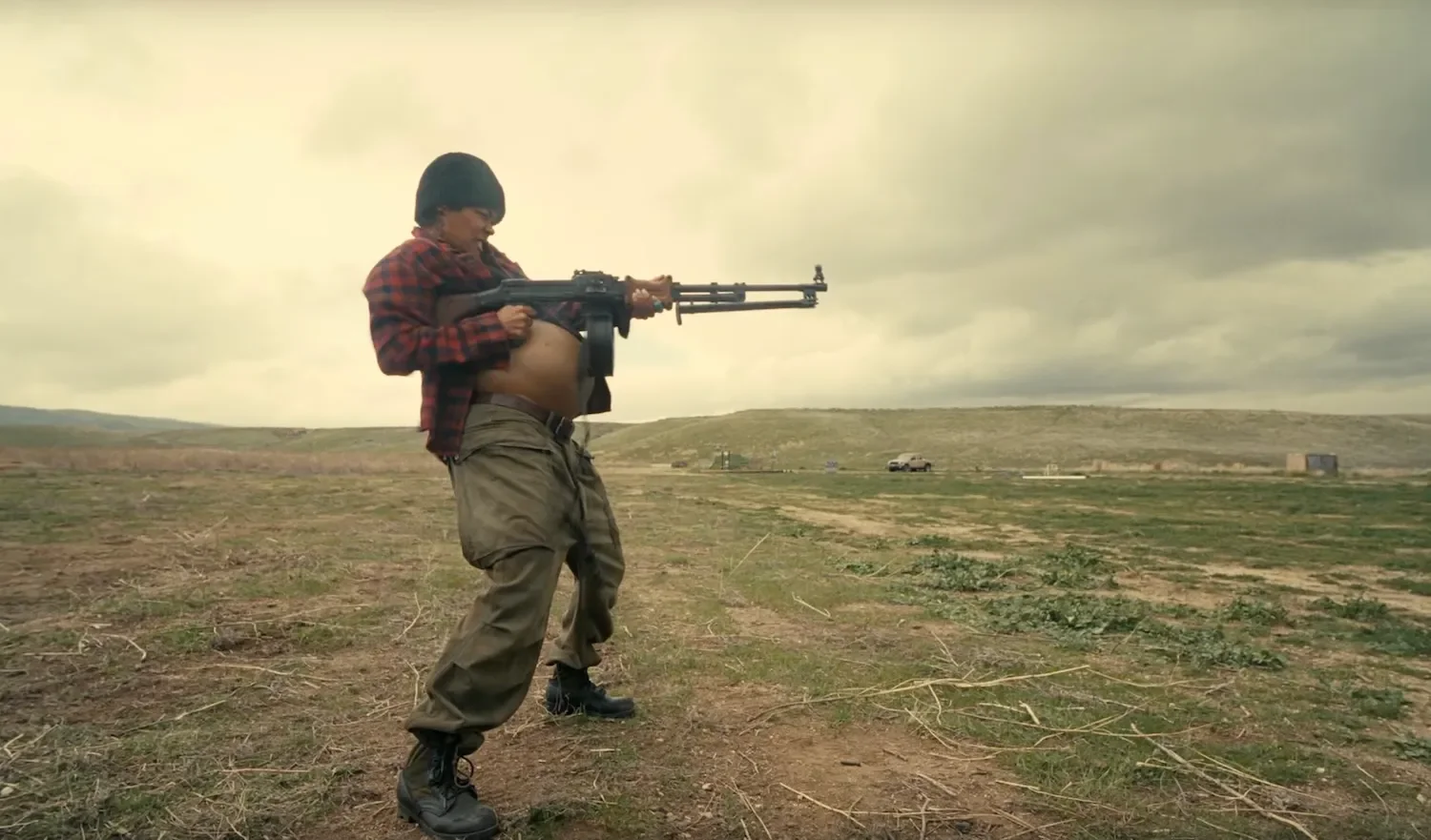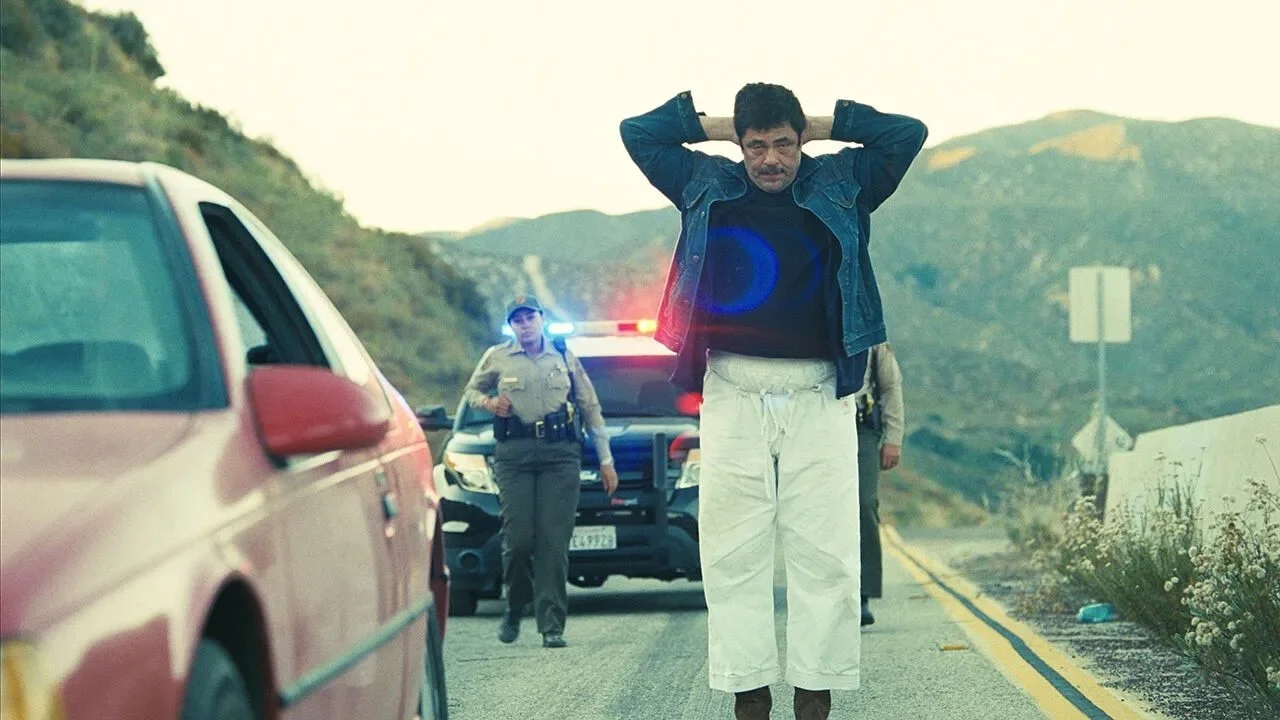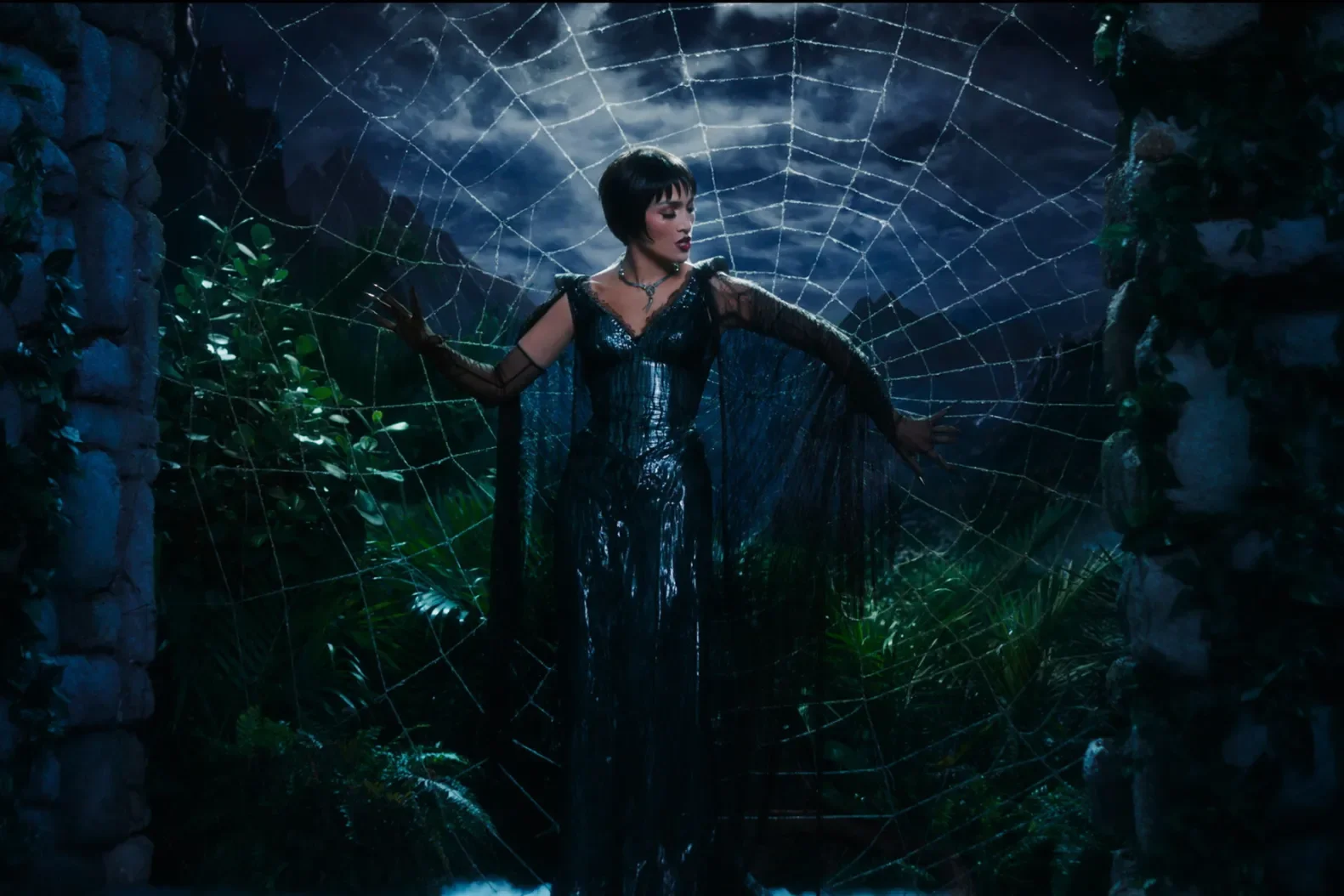One Battle After Another: PTA’s Shockingly Poignant Popcorn Blockbuster
As he’s done for so many, Paul Thomas Anderson played a significant role in my development as a cinephile. I remember being thirteen and seeing Kanye tweet that There Will Be Blood was his favorite film. Watching—and subsequently having my mind blown by—that movie unlocked a level of passion and depth that few other directors could invoke in me at the time, so I voraciously consumed his entire filmography faster than any other I’d encountered.
What made Anderson so special for me was his function as a bridge between the cineplex and the arthouse, pitting big names like Tom Cruise and Mark Wahlberg against emotional and chaotic backdrops that dazzled me as much as they challenged me. But above being an entertainer, he was still very much an arthouse filmmaker, a status he eventually matured into with works like There Will Be Blood and The Master.
Those films were beautiful and gripping as much as they were clearly About Something: There Will Be Blood being about America’s marriage of Christianity and capitalism, and The Master being about faith and control. Those films also showed how skilled Anderson is at getting the most out of his performances. His newest film, One Battle After Another, is no different, with Sean Penn in particular (who is in many ways the hidden centerpiece of the film) taking what would otherwise be a shallow caricature and knocking it out of the park.
But dissimilarly to those two films, One Battle After Another is much less clearly About Something as it is About a Multitude of Things. I left the theater thoroughly speechless, not necessarily because I was so gobsmacked by the film, but rather because there was so much to pull at that I couldn’t really discern what to focus on.
To that effect, I think the film left me wondering what the throughline between all of these themes, stories, and characters actually was. Being as scattered as it is, the film often felt like it obscured rather than strengthened the underlying meaning.
To give a basic synopsis for both of our sakes, One Battle After Another is ostensibly about a man on a mission to save his daughter from police state violence as he struggles to make the transition from revolutionary to single father. In reality, though, it’s about the entire ecosystem surrounding that revolutionary movement and the ripple effects it's left on everyone involved.
Sounds heavy, but get this: it’s hilarious, brisk, and a bonafide popcorn flick designed to offer a great time at the movies. Only a filmmaker like Anderson is able to balance the bleak intensity of those aforementioned themes with genuine thrills and levity.
So I’ve got to give it to him. The action here is captivating. The car chases are exhilarating. And the hard-nosed satire of billionaire white supremacists and the political left’s self-defeating purity tests are spot on. But as funny and fun as this flick is, it left me dying for a more convincing overtone, à la There Will Be Blood.
Of course, overtones abound here: topics such as the police state America is rapidly trending towards, the tension between political activism and family life, and more than anything else, some unexpected commentary on coming of age. I just wish these themes were as thoroughly fleshed out as those in his previous works.
As they stand though, they’re enough for the film to be baseline compelling. I think the parallels to the modern American security apparatus, right down to the ICE raids, are as brazenly political as you’ll get for a film with this budget and star power (unless, of course, you consider the new Superman to be a pro-Palestine rallying cry).
I especially find Anderson’s quibbles with leftist activists who are more concerned with moral grandstanding than progress—“Maybe you should have read the rebellion text harder”—to be as astute and relevant as ever given the urgent need for unity in the face of one of the left’s biggest battles yet. This is where the film’s political messaging is at its best and most fresh.
In the same vein, his commentary on balancing political rebellion with family values is exigent as well (particularly when a changing of the guard in the leftist establishment is so urgently needed). As a friend I watched this with said coming out of the theater, “Not everyone is meant to be a revolutionary.”
What I’d add, though, is that not everyone is meant to be a revolutionary forever. Some, like Benicio Del Toro in his migrant sanctuary, prove that family and politics can be sustainably intertwined, but the film seems to demonstrate that he’s the exception to the rule.
That is, there comes a time when the torch must be passed on. As futile as our political organizing seems to be (“sixteen years later, the world has changed very little”), as much work as there is to continue doing, everyone’s time as a revolutionary has a natural end point. And as difficult as it is to admit that without giving up entirely, it also comes with the obligation to let our young reach for the ring and have hope that for them, it will be different.
That’s why at its core, One Battle After Another is a film about growing up. Obviously, DiCaprio’s character grows from an enraged explosives expert to a mellow father figure. Less obviously, his daughter Willa grows from a naive kid to a mature young adult who realizes that her mother wasn’t the hero she thought she was. And yet, she chooses to continue fighting anyways.
But least obvious of all, Anderson himself has grown from the bold, brash show-off we met in Boogie Nights to the more subdued father of four who’s leading subtle relationship dramas like Phantom Thread. He seems to believe more than anyone that while you can’t be a revolutionary forever, that doesn’t mean you can’t keep affecting change in different ways while also managing to pass on the torch.
So while the film’s text seems to think the world has changed very little in the past sixteen years, clearly the characters within it have grown a ton. And through that growth, maybe the world can change too; one day at a time, one battle at a time, one after another.
—
Popular Reviews
